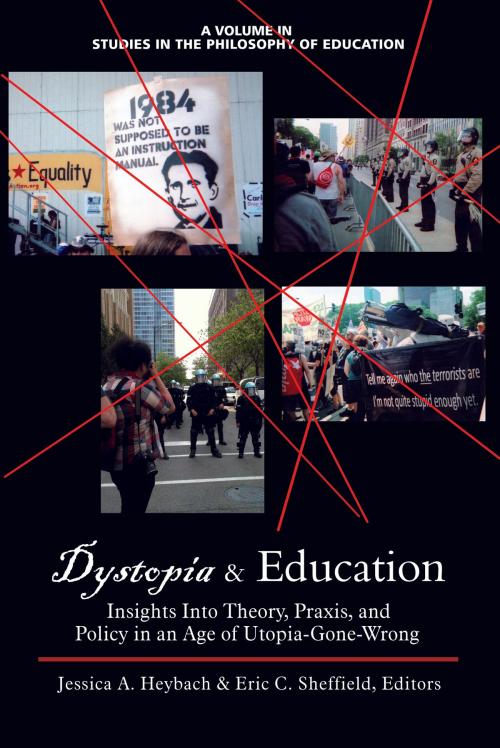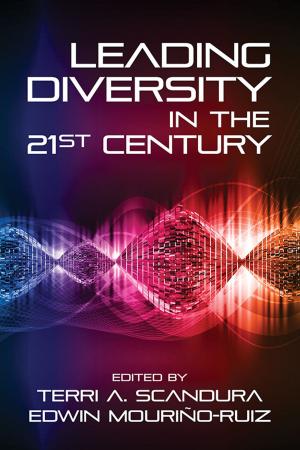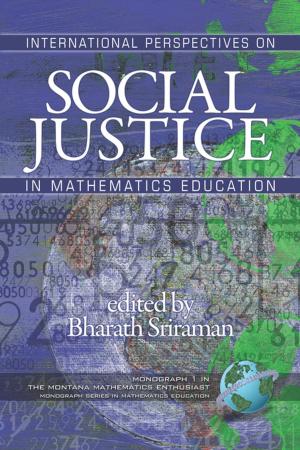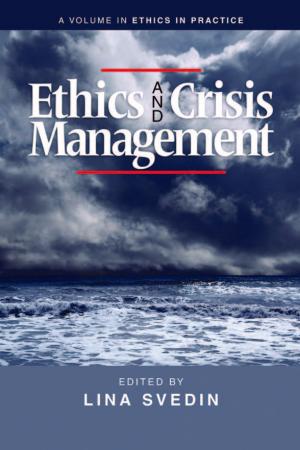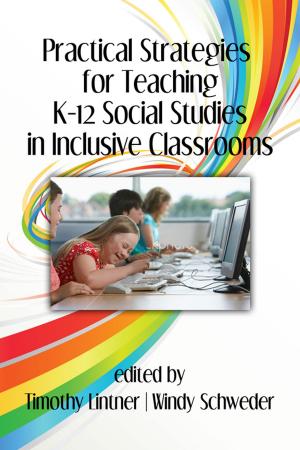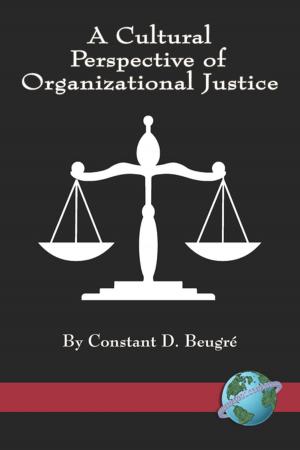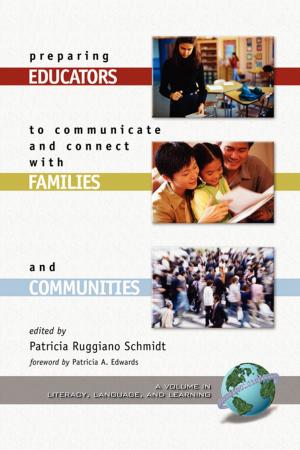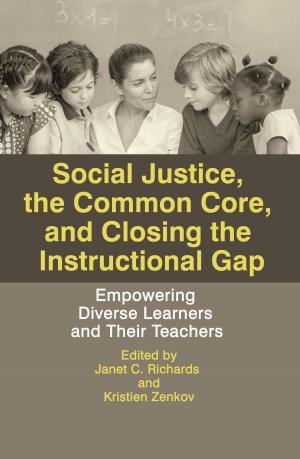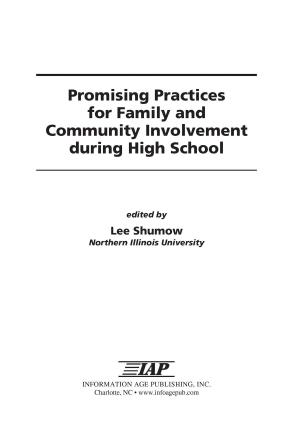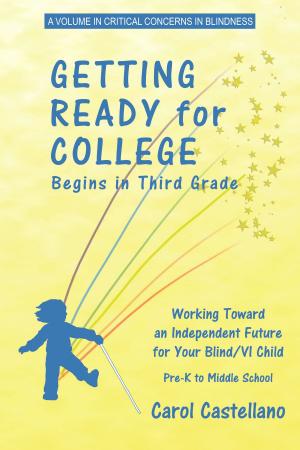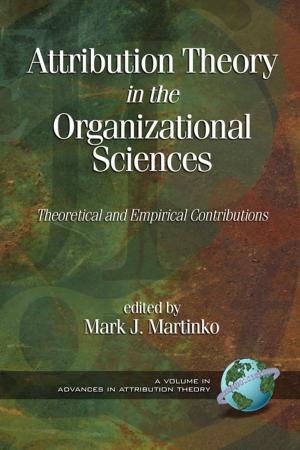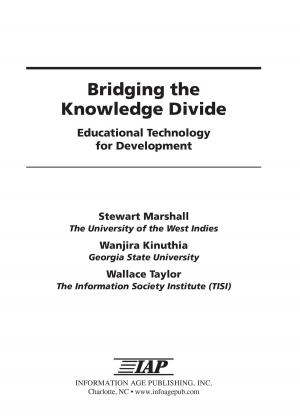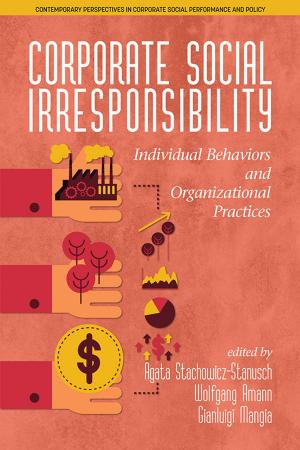Dystopia & Education
Insights into Theory, Praxis, and Policy in an Age of UtopiaGoneWrong
Nonfiction, Reference & Language, Education & Teaching, Educational Theory, Educational Reform, Administration| Author: | ISBN: | 9781623962852 | |
| Publisher: | Information Age Publishing | Publication: | April 1, 2013 |
| Imprint: | Information Age Publishing | Language: | English |
| Author: | |
| ISBN: | 9781623962852 |
| Publisher: | Information Age Publishing |
| Publication: | April 1, 2013 |
| Imprint: | Information Age Publishing |
| Language: | English |
Dystopia and Education: Insights into Theory, Praxis, and Policy in an age of Utopia Gone Wrong provides an asofyet unexplored critical perspective for examining contemporary educational theory, praxis, and policy with particular reference to the current state of dehumanizing and often oppressive policy and practices that have come to demarcate the era of NCLB and RTT. The authors in this collection employ dystopian themes found in literature, film, visual art, and video games as the lens for that critical inquiry. As such Dystopia and Education: Insights into Theory, Praxis, and Policy is an essential contribution to the philosophical/critical tradition in educational scholarship. It is especially valuable because the inquiry undertaken is from a new perspective—one that will extend the critical tradition into a yet unexplored arena. Given the educational climate established by NCLB and RTT, this collection is especially important to the ongoing critical analysis of such policy mandates. There is also a significantly important timeliness to this book given NCLB’s utopian expectation of universal academic proficiency among American schoolchildren by the year 2014: as educators race to achieve such a noble yet naïve goal, this collection of essays examines the educational environment that has been enacted to achieve such ends, and describes our current state as a utopiagone wrong.
Dystopia and Education: Insights into Theory, Praxis, and Policy in an age of Utopia Gone Wrong provides an asofyet unexplored critical perspective for examining contemporary educational theory, praxis, and policy with particular reference to the current state of dehumanizing and often oppressive policy and practices that have come to demarcate the era of NCLB and RTT. The authors in this collection employ dystopian themes found in literature, film, visual art, and video games as the lens for that critical inquiry. As such Dystopia and Education: Insights into Theory, Praxis, and Policy is an essential contribution to the philosophical/critical tradition in educational scholarship. It is especially valuable because the inquiry undertaken is from a new perspective—one that will extend the critical tradition into a yet unexplored arena. Given the educational climate established by NCLB and RTT, this collection is especially important to the ongoing critical analysis of such policy mandates. There is also a significantly important timeliness to this book given NCLB’s utopian expectation of universal academic proficiency among American schoolchildren by the year 2014: as educators race to achieve such a noble yet naïve goal, this collection of essays examines the educational environment that has been enacted to achieve such ends, and describes our current state as a utopiagone wrong.
